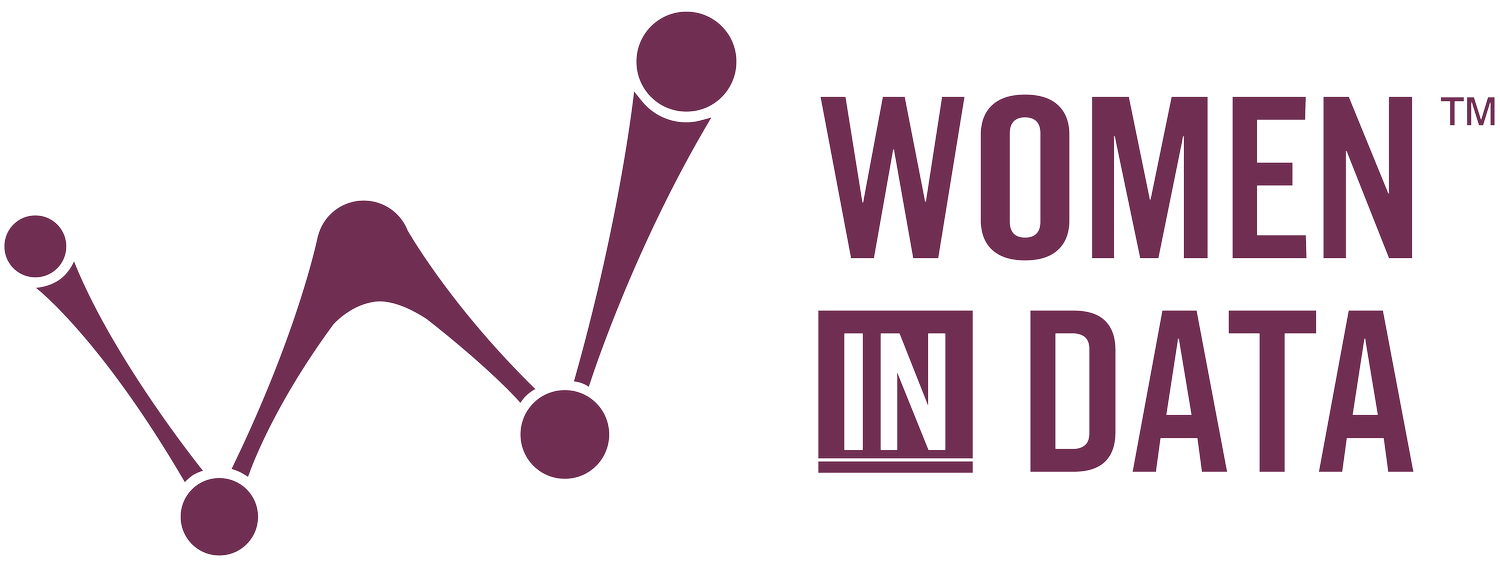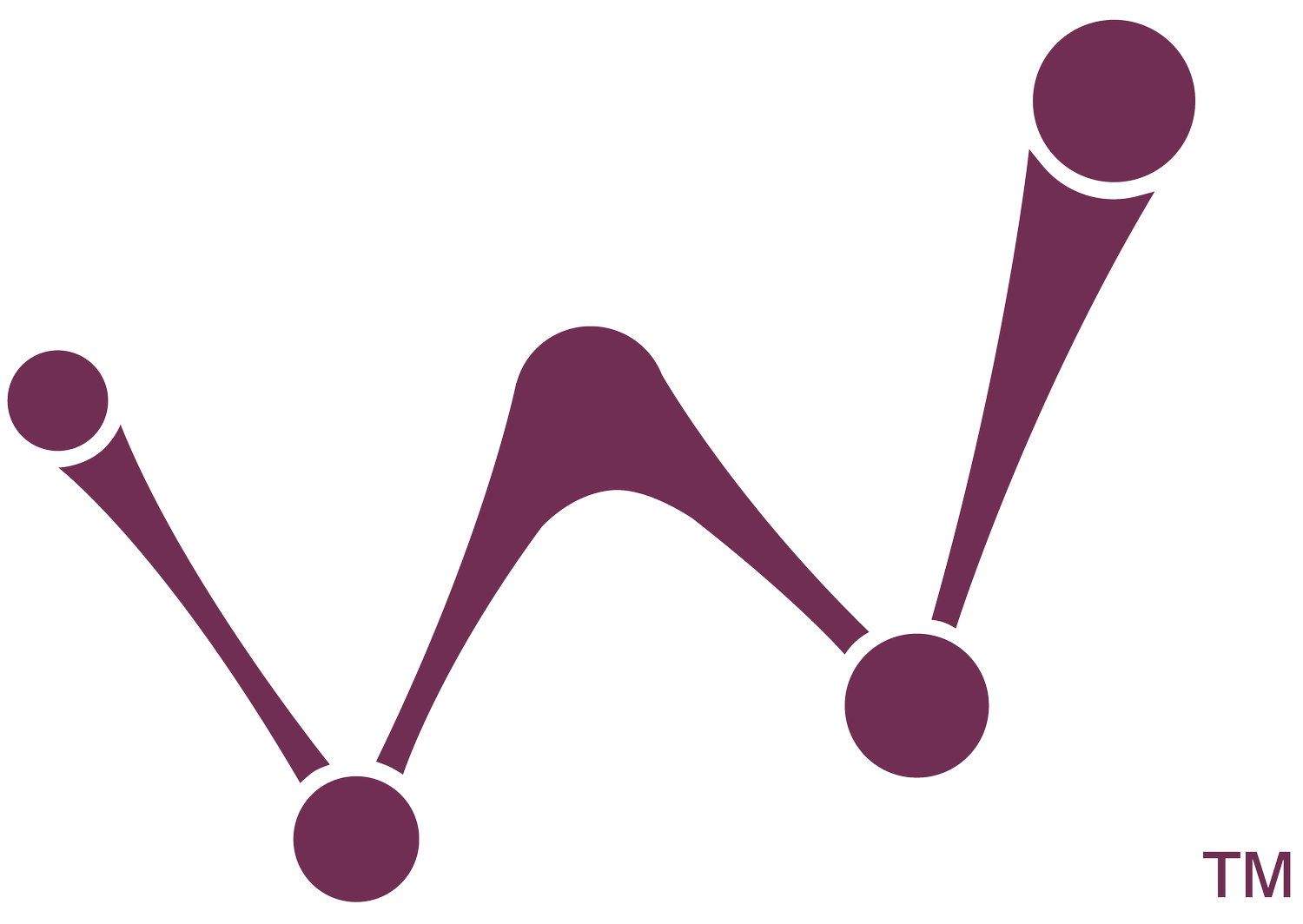Supporting Non-Traditional Data Girls
Ashley M. Scott
Data Analyst, Entrepreneur, WID Public Relations Coordinator
When I started business school, I had aspirations to further my public health undergraduate degree and pursue a healthcare administration career. After taking a few core classes, I decided to take a Quantitative Analytics course because the associated lingo became more apparent in competitive job descriptions and trending jobs found on LinkedIn and Indeed. So, I figured why not give it a try? It looks like fun.
Looking back on my experience, “fun” was an underrated term. Don’t get me wrong; I had taken Biostatistics, Epidemiology, and other related courses. I had more than a fair share of “fun,” but I believe my experience taking these advanced courses were the pillars of my data career.
As I continued taking more analytics courses, I began to feel bittersweet about my career trajectory. While I was starting to become more knowledgeable in the analytics field, I struggled to assert myself as an analytics expert because of my non-technical background. At career fairs, it seemed as if I was more of a “unicorn” or “outliner” than my peers who had more of a technical or computer science background. After submitting hundreds of job applications to be kept on tenterhooks for a final response, I contemplated pursuing a data certificate or data training boot camps. I started to seek mentorship from experts in the field and work on projects in my jobs to help me get more comfortable with beginning data-driven projects that I could implement in my workflow. I’m incredibly grateful I pursued this approach because it led me to provide data insights on healthcare and education consulting projects. Not only that, I had the opportunity to network with more trailblazers and establish meaningful connections in the data field.
While I am fortunate that I have this experience, I understand first hand that changing your career path can feel challenging when you don’t have access to specific educational resources and support groups. This is one reason I became more motivated to inspire and educate other non-traditional data enthusiasts. Amidst the COVID-19 pandemic, I have connected with several aspiring data, science, technology, engineering, and mathematics (STEM) professionals who have asked my advice on what skills they need to get into the field. Although I have held a professional data-title for two years, I realize that people lack data educational resources. With this in mind, I launched the #Datagirl social media campaign to help spread awareness of women in the field and connect them to more data resources. In the hopes of continuing this goal, I released a limited edition of data-inspired t-shirts where a portion of proceeds goes to my scholarship. This scholarship will assist a selected number of underrepresented women/and or non-binary identifying persons to cover the costs of a data certification or career resources of their choice.
With Data Science being deemed one of the most desirable jobs and expected to multiply in job opportunities, data professionals are eligible to increase their pay scale and play a significant role in using data to improve business decisions. I hope that I continue supporting #DataGirls and redefining the face of data and technology careers. If you are interested in joining the movement and showing your support with a Limited Edition Data Girl shirt or donating directly to the cause, please click here.


